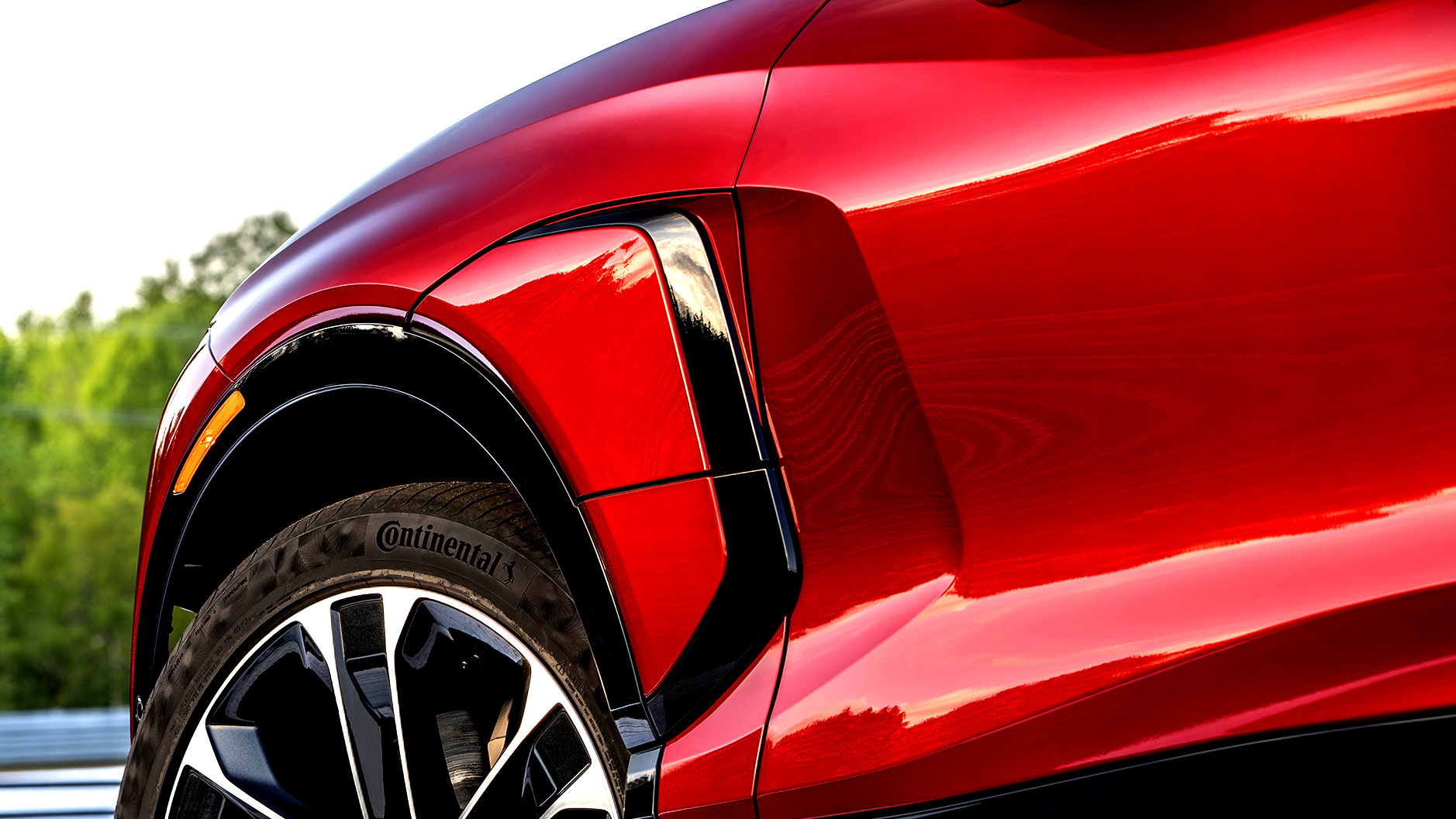Top EVs Purchased by Americans in 2025

Overview of the U.S. Electric Vehicle Market in 2025
The first half of 2025 has brought some unexpected shifts in the U.S. electric vehicle (EV) market, with both notable successes and significant declines across various brands. While overall EV sales saw a modest 1.5% increase compared to the same period in 2024, this figure masks a more complex reality. Several well-known automakers have experienced steep drops in their EV sales, while others have managed to gain traction despite challenging conditions.
A Mixed Performance for Top Brands
Tesla continues to dominate the market, holding a 46% share despite a 10.8% overall decline in sales. The Model 3 showed strong growth, increasing by nearly 38% year-over-year to reach 101,323 units sold. However, other models like the Cybertruck saw a 51% drop in Q2, highlighting the challenges Tesla faces beyond its top-selling models.
Chevrolet made a strong showing with the Equinox EV, which entered the top five with 27,749 deliveries in its first half-year. This indicates that buyers are increasingly open to new and emerging brands. Ford’s Mustang Mach-E remained steady, while the Blazer EV and Silverado EV from General Motors saw impressive gains of 76% and 67%, respectively.
Honda’s Prologue recorded a staggering 963% increase in sales, driven by its late 2024 launch. Similarly, GM’s Ultium SUVs performed strongly, showcasing the brand's ability to adapt and meet consumer demand.
Declines Among Established Brands
Despite these bright spots, several major brands faced significant setbacks. Kia’s EV sales fell by 54% to 13,600 units, with the EV6 and EV9 seeing their deliveries nearly halved. The Niro EV also suffered a 68% drop in sales, signaling a broader trend of declining interest in the brand’s offerings.
Mercedes experienced a 55% decline in EV sales, with the EQB being the only model to show slight improvement. The EQE and EQS saw even steeper drops, falling by 75% and 80%, respectively. Rivian also struggled, with a 30% overall decline in sales, as the R1T and R1S models saw drops of 47% and 29%.
Audi’s Q4 e-tron and Genesis G80 Electrified also faced significant declines, with sales dropping by 39% and 45%, respectively. BMW’s i5 also saw a 30% decrease in sales, further emphasizing the challenges facing luxury EV brands.
Regional and Brand-Specific Trends
Looking at the data by brand, Tesla remains the leader in sales, but its performance is not uniform across all models. Chevrolet, GMC, and Honda saw substantial increases, while brands like Nissan, Toyota, and Volkswagen had mixed results. Volvo and Porsche, on the other hand, experienced significant growth, with Volvo’s sales increasing by 171.5% and Porsche’s by 250.1%.
In Q2, the market continued to show signs of instability, with a 6.3% decline in sales compared to the same period in 2024. Despite this, some models managed to perform well, including the Chevrolet Equinox, Honda Prologue, and the Chevrolet Blazer.
Future Outlook
With tax credits set to expire soon, the pressure is on automakers to maintain momentum and attract buyers. The current landscape shows that while some brands are adapting and thriving, others are struggling to keep up with changing consumer preferences and market dynamics.
As the EV market continues to evolve, it will be crucial for automakers to innovate, offer competitive pricing, and deliver vehicles that meet the growing expectations of American consumers. The coming months will be critical in determining which brands can weather the storm and which may need to rethink their strategies.
Post a Comment for "Top EVs Purchased by Americans in 2025"
Post a Comment